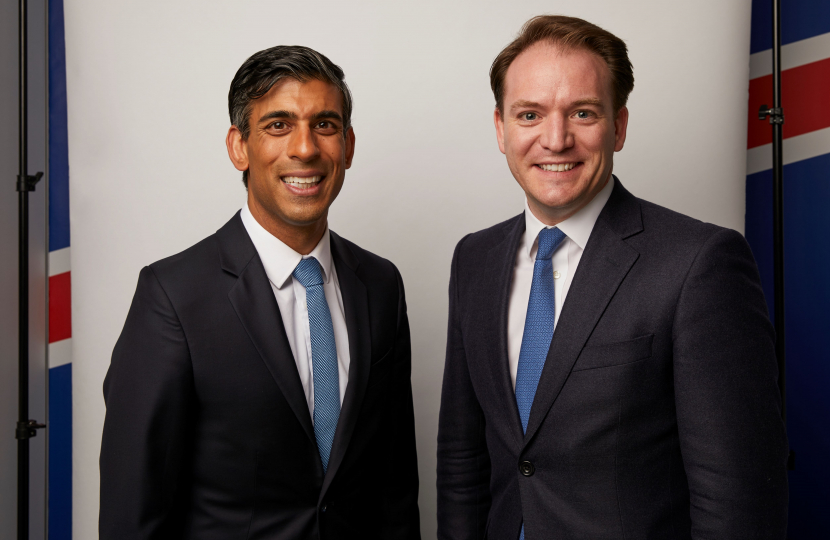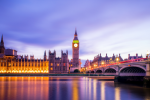
Let’s be honest - inflation is the enemy that makes us all poorer and right now it is at the highest level for over 40 years. We see it every day, when we fill up our car and when we go to the supermarket. Nobody is immune to its corrosive effects on our earnings and savings.
So why do we have such high inflation? Well, the consensus we have determined through a series of specific hearings of the Treasury Select Committee is that this is largely imported inflation, meaning that it is a combination of significantly higher energy costs caused by Putin’s invasion of Ukraine, and supply chain shortages of goods that we buy from all over the world - anyone who has ordered furniture or other items that are made elsewhere will have seen the delays in getting them delivered. It is a combination of high energy costs and limited supply of goods that has pushed prices high, and we are not alone: the U.S. has 9% inflation and Spain 10%, for example.
Some have suggested that the Bank of England should have put up interest rates sooner to quell demand (higher interest rates fuel higher mortgage rates and higher monthly bills, leaving us with lower spending power which can drive inflation down), but given the imported nature of the inflation this would have had limited effect. The Bank of England have also encouragingly projected a fairly sharp decline in inflation next year as they predict energy costs will come down significantly. Therefore, it was right for the most vulnerable people to receive the recent financial support which will match the average £1,200 increase in bills to get people through this year.
This is all in the context of another economic challenge: the country’s credit card bill. This is very high because of the significant support that was provided to so many businesses and workers during the once in a generation pandemic. The furlough scheme prevented millions of people from having to be laid off, resulting in the extremely low unemployment today we see today, and the millions in grants and loans we saw delivered here in Lincolnshire saved many businesses. But none of this came for free. This was taxpayer money, and as interest rates rise, so too does the taxpayer's bill to pay off the debt. Next year, the country’s credit card interest will rise to £80bn and it is our children and grandchildren who will have to pay this unless we take steps to avoid racking up even more debt.
We need to get both inflation and our debt under control, so we can grow the economy to create more jobs and help our businesses by boosting innovation, skills and investment. This is why I have decided to back Rishi Sunak for Prime Minister. He has promised to cut taxes on business investment, to cut personal income tax once inflation has come down next year and to unleash the opportunities of Brexit by cutting inefficient regulations. Rishi is telling hard truths that may be politically inconvenient, but at the end of the day, we all need to be honest about the situation we face together and that the common enemy we must defeat is inflation.

